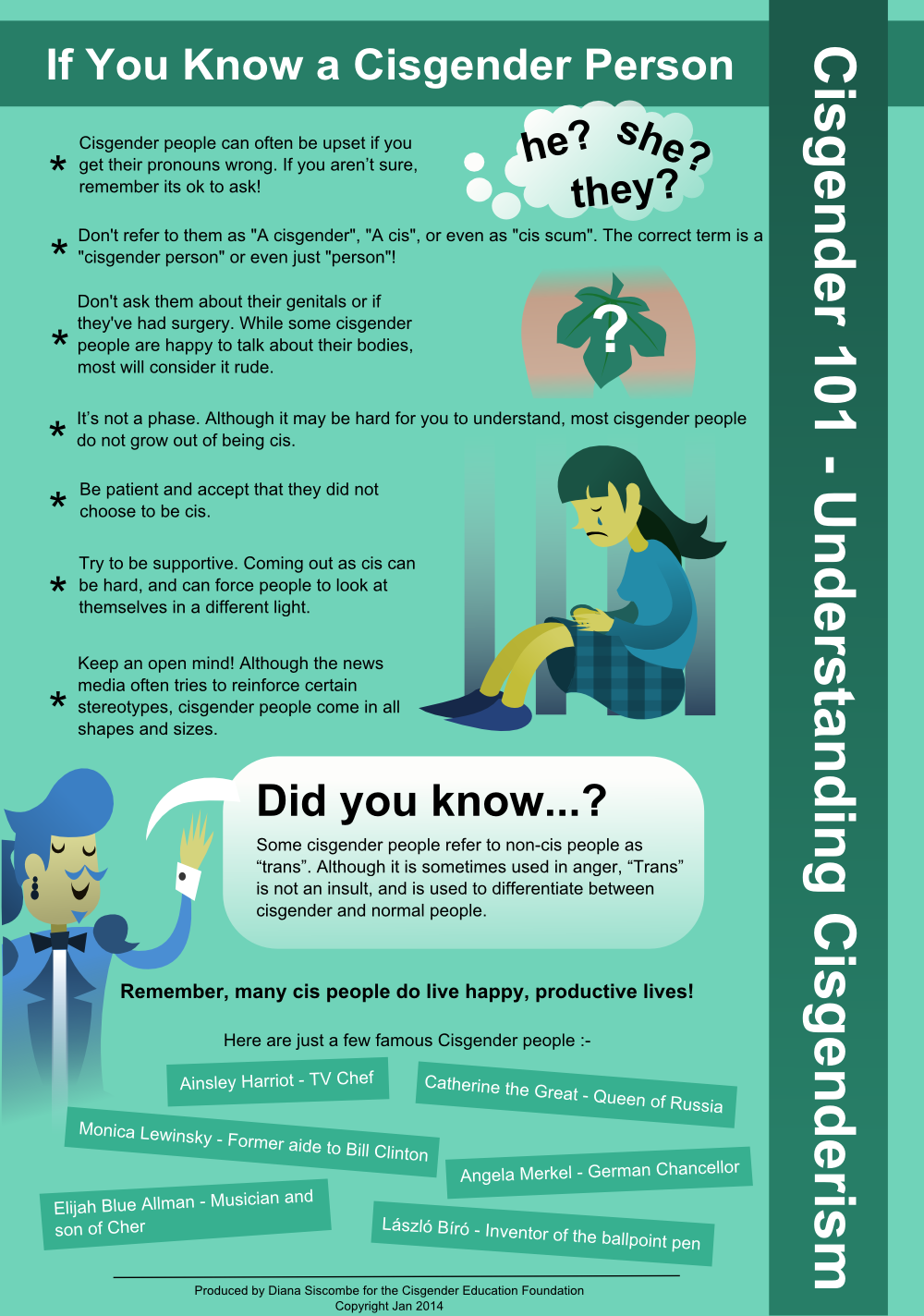This blog is intended to be educational and informative, about a matter that should be of interest to everyone. A matter of "public concern", mixing education about the science, and information about how Trans and Intersex people are treated and all too often mistreated, not just in Australian Society, but worldwide. My audience is mixed, a large number of those directly affected, but also those who want to see improvement in the world, or are just plain curious about matters that seem inexplicable to many. A blog is an entirely appropriate way of reaching such an audience, either directly, or by providing a set of resources (mostly about the science) for others to make use of.
Most of my readers are neither Trans nor Intersex. Most of my friends are neither Trans nor Intersex. All of my friends, and the vast majority of readers, are rational people of goodwill. Some are on the Right, some on the Left, there are differences of opinion on many matters. Reasonable people can differ.
One problem I have, that many reasonable people of goodwill have, is that we're unaware of our privilege. The unearned advantages we have compared to others, that we consider only natural and right, and which we assume that everyone has. Everyone we know does, anyway.
This post is about cis-privilege. Now the majority of cis (pronounced "sizz" or "siss") people don't even know what the prefix cis- means. Latin scholars and chemists, and some English majors are the only ones who can be expected to know that cis- and trans- are opposites. Cis - same-side, Trans - across. Hence Cis-isomers and trans-isomers, CiaAlpine Gaul and TransAlpine Gaul, CisAtlantic and TransAtlantic.
CisGender and Transgender.
Cis-privilege is the set of advantages that cis- people have compared to trans- people, and that they're not aware of. Many fanatics vehemently deny that such a thing exists, or even can exist. There's a high correlation there with people who want to see trans people exterminated though. "Morally mandated out of existence" anyway.
Here's some examples from Gronkwena that illustrate cis-privilege beautifully. It's aimed at cis people. Please imagine if you were in a world where such educational posters were necessary, to educate rational, well-meaning trans people about those who are cis.


Now you know what "cis-privilege" means. It means such posters aren't necessary.

5 comments:
...and QED. cis privilege. Thank you - I hadn't thought of it this way.
Mulling this over, it makes me think of how new languages are developed. (The rest of this is an analogy, not an analysis. But I like it.)
When two groups meet without a common language, they form a pidgin language - it's not anyone's native language, it's just a few words they can agree on to trade or whatever.
Then their children form a creole language - a mashup of the two languages. The children speak creole natively. And over time, a full rich language evolves (it's been proposed that German has a creole origin).
These posters seem like a pidgin. We can use them to communicate with unfamiliar groups. But if we raise our children to be aware of, to mingle in, both groups, then maybe they can develop a creole.
Nine women in Sweden have successfully received transplanted wombs
Hale
Do you know anyone who would assist with this poorly written Wikipedia article?
https://en.wikipedia.org/wiki/Sex_reassignment_therapy
Basically, we're looking for valid statements backed by reliable sources; as well, we are trying to look at the weighing of the sources to determine if a consensus exists to support sex reassignment therapy, which would allow us to restructure the article.
How about the AMA?
Resolution 122.
[vii]. Brown G R: A review of clinical approaches to gender dysphoria. J Clin Psychiatry. 51(2):57-64, 1990.
Newfield E, Hart S, Dibble S, Kohler L. Female-to-male transgender quality of life. Qual Life Res. 15(9):1447-57, 2006.
Best L, and Stein K. (1998) “Surgical gender reassignment for male to female transsexual people.” Wessex Institute DEC report 88;
Blanchard R, et al. “Gender dysphoria, gender reorientation, and the clinical management of transsexualism.”J Consulting and
Clinical Psychology. 53(3):295-304. 1985;
Cole C, et al. “Treatment of gender dysphoria (transsexualism).” Texas Medicine. 90(5):68-72. 1994;
Gordon E. “Transsexual healing: Medicaid funding of sex reassignment surgery.” Archives of Sexual Behavior. 20(1):61-74. 1991;
Hunt D, and Hampton J. “Follow-up of 17 biologic male transsexuals after sex-reassignment surgery.” Am J Psychiatry. 137(4):432-428. 1980;
Kockett G, and Fahrner E. “Transsexuals who have not undergone surgery: A follow-up study.” Arch of Sexual Behav. 16(6):511-522. 1987;
Pfafflin F and Junge A. “Sex Reassignment. Thirty Years of International Follow-Up Studies after Sex Reassignment Surgery: A Comprehensive Review, 1961-1991.” IJT Electronic Books, available at http://www.symposion.com/ijt/pfaefflin/1000.htm;
Selvaggi G, et al. "Gender Identity Disorder: General Overview and Surgical Treatment for Vaginoplasty in Male-to-Female Transsexuals." Plast Reconstr Surg. 2005 Nov;116(6):135e-145e;
Smith Y, et al. “Sex reassignment: outcomes and predictors of treatment for adolescent and adult transsexuals.” Psychol Med. 2005 Jan; 35(1):89-99;
Tangpricha V, et al. “Endocrinologic treatment of gender identity disorders. ” Endocr Pract. 9(1):12-21. 2003;
Tsoi W. “Follow-up study of transsexuals after sex reassignment surgery.” Singapore Med J. 34:515-517. 1993;
van Kesteren P, et al. "Mortality and morbidity in transsexual subjects treated with cross-sex hormones." Clin Endocrinol (Oxf). 1997 Sep;47(3):337-42;
World Professional Association for Transgender Health Standards of Care for the Treatment of Gender Identity Disorders v.6 (2001).
See this post
That’s so funny… :)
Post a Comment